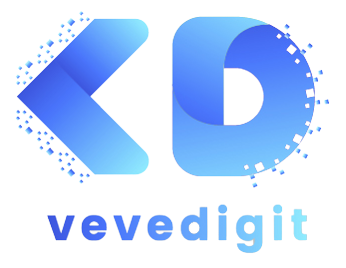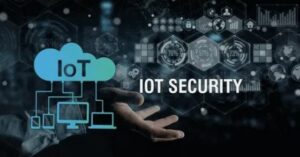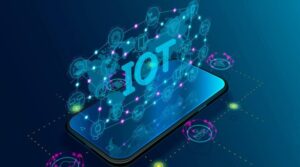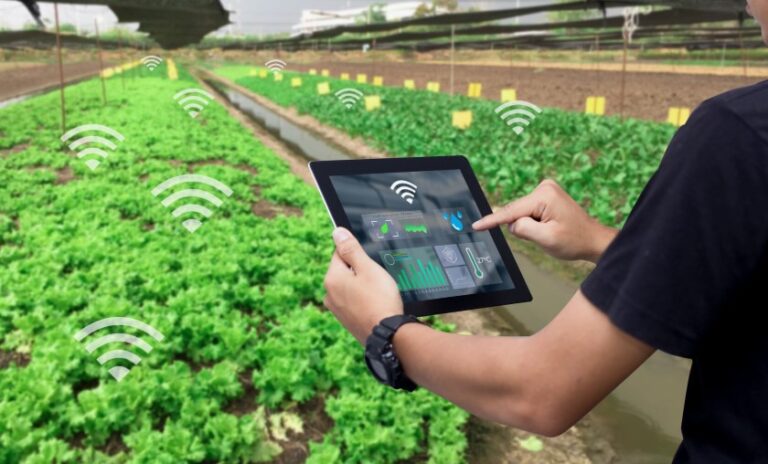One of the greatest revolutions that the Internet of Things continues to create in the world lies in its connection of how people live, work, and interact with the environment. This pertains to the network of connected devices communicating seamlessly over the internet, powering smart homes, driving industrial automation, and shaping modern healthcare, transportation, and retail landscapes. In this regard, the evolution of the Internet of Things Hidden Menu will not be only about enlarging connectivity but will unlock new efficiencies and opportunities through transformation into actionable insights.
In this article, we will dig out what the future holds for IoT, impact across industries and how it will change the world with some additional penetration into the challenges and trends shaping up the IoT ecosystem.
IoT: A Catalyst for Smart Cities
Smart cities rely on IoT devices to improve urban life through connected infrastructure. With sensors monitoring traffic, air quality, energy consumption, and public safety, IoT fosters more sustainable and livable environments.
- Smart Lighting Systems: Intelligent lighting adjusts according to daylight levels and pedestrian presence, reducing energy waste.
- Traffic Management: Real-time traffic monitoring helps ease congestion through predictive algorithms and smart traffic lights.
- Waste Management: IoT sensors optimize garbage collection by detecting fill levels, leading to more efficient routes.
IoT and Industrial Automation (Industry 4.0)
The industrial sector is experiencing a revolution through IoT-enabled automation, also referred to as Industry 4.0. IoT devices embedded in machinery track performance, reduce downtime, and predict maintenance needs, leading to increased productivity and efficiency.
- Predictive Maintenance: Sensors in equipment notify operators of potential failures before breakdowns occur.
- Smart Factories: Robots and IoT platforms coordinate seamlessly to automate repetitive tasks.
- Supply Chain Management: IoT trackers provide real-time insights into logistics and inventory.
IoT in Healthcare: The Rise of Telemedicine and Remote Monitoring

Healthcare is being redefined by IoT with wearable devices, remote patient monitoring, and telemedicine services gaining prominence. IoT devices improve patient outcomes through continuous monitoring, early diagnosis, and timely interventions.
- Wearable Health Devices: Smartwatches and fitness trackers monitor vital signs like heart rate and oxygen levels.
- Remote Patient Monitoring: Patients with chronic conditions are monitored remotely, reducing hospital visits.
- Smart Hospitals: IoT solutions streamline patient management, track medical equipment, and enhance operational efficiency.
Connected Vehicles and IoT in Transportation
IoT is revolutionizing the transportation industry through connected vehicles, smart fleets, and autonomous driving systems. This connectivity improves safety, efficiency, and convenience for travelers and fleet operators alike.
- Autonomous Vehicles: Self-driving cars rely on IoT sensors and AI to navigate roads safely.
- Fleet Management: IoT trackers monitor fuel consumption, driver behavior, and vehicle health.
- Smart Public Transport: IoT-enabled ticketing systems and real-time tracking enhance passenger experience.
IoT in Retail: Enhancing Customer Experience
Retailers are leveraging IoT to provide personalized experiences, manage inventory efficiently, and enhance customer satisfaction. The ability to gather and analyze customer data in real time is transforming retail landscapes.
- Smart Shelves: Sensors detect product levels and alert staff to restock items.
- Personalized Shopping: IoT-driven data analytics offer tailored recommendations to customers.
- Seamless Checkout: RFID tags and smart checkout systems reduce waiting times at payment counters.
The Role of IoT in Energy and Environmental Conservation
IoT plays a pivotal role in energy management and environmental sustainability by optimizing resource usage. Connected systems offer solutions to monitor and manage energy consumption more effectively.
- Smart Grids: IoT sensors balance electricity supply and demand in real time.
- Energy Management Systems: Connected devices optimize energy consumption in homes and offices.
- Environmental Monitoring: IoT sensors track environmental parameters, enabling early detection of hazards like wildfires and floods.
Security Challenges and Data Privacy in IoT
Despite its advantages, IoT also presents challenges, particularly in terms of security and data privacy. The growing number of connected devices expands the attack surface for cybercriminals, making IoT systems vulnerable.
- Data Security: Encryption and authentication measures protect data transmitted between devices.
- Device Vulnerability: Unsecured devices can be exploited for malicious activities, like botnet attacks.
- Regulatory Compliance: Governments and organizations are establishing IoT standards to ensure security and privacy.
Trends Shaping the Future of IoT
Several trends are influencing the future direction of IoT, including edge computing, 5G connectivity, and artificial intelligence (AI). These innovations will unlock new possibilities for IoT adoption.
- Edge Computing: Data processing near the source reduces latency and enhances real-time analysis.
- 5G Networks: Ultra-fast and low-latency 5G networks will accelerate IoT deployment.
- AI Integration: AI-powered IoT devices will analyze data, make decisions, and perform tasks autonomously.
IoT and the Future of Work
The workplace is undergoing a transformation with IoT technologies enabling remote work, enhancing collaboration, and improving workplace safety. Smart offices and connected tools are shaping the future of work.
- Remote Work Solutions: IoT-powered platforms facilitate communication and productivity.
- Workplace Safety: IoT sensors monitor air quality, occupancy levels, and safety protocols.
- Collaboration Tools: Connected devices enhance teamwork through seamless data sharing and communication.
The Road Ahead: IoT and Global Impact
IoT is set to have a profound global impact, reshaping economies, societies, and industries. Its potential to connect billions of devices will unlock unprecedented opportunities, from smart agriculture to disaster management.
- Smart Agriculture: IoT sensors optimize irrigation and monitor crop health.
- Disaster Management: IoT systems predict and respond to natural disasters in real time.
- Global Connectivity: IoT will bridge the digital divide by providing internet access to remote areas.
Final Thoughts
The future of connectivity lies in the seamless integration of IoT into every aspect of our lives. From smart homes and industries to healthcare and transportation, IoT is driving innovation, efficiency, and sustainability. However, to fully realize its potential, challenges such as security, privacy, and interoperability must be addressed. With advancements in 5G, AI, and edge computing, IoT is poised to shape our world in unimaginable ways, connecting people, devices, and systems on an unprecedented scale.





